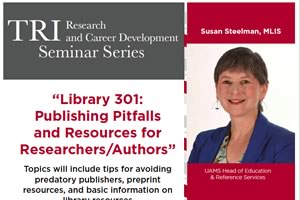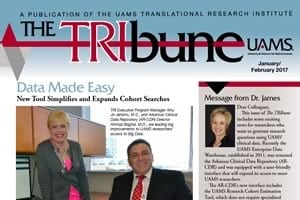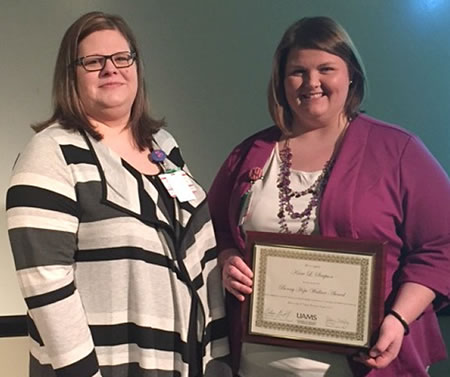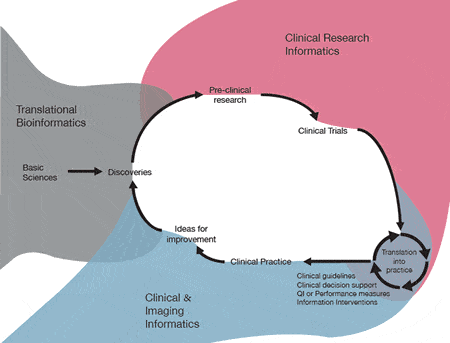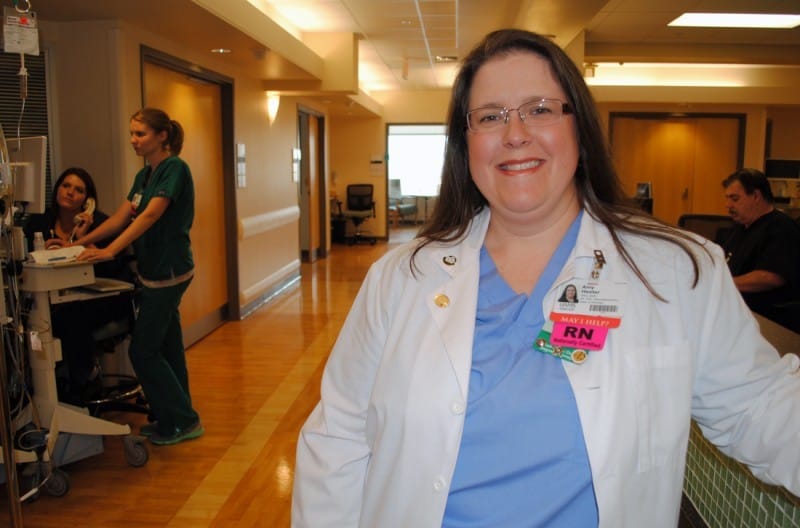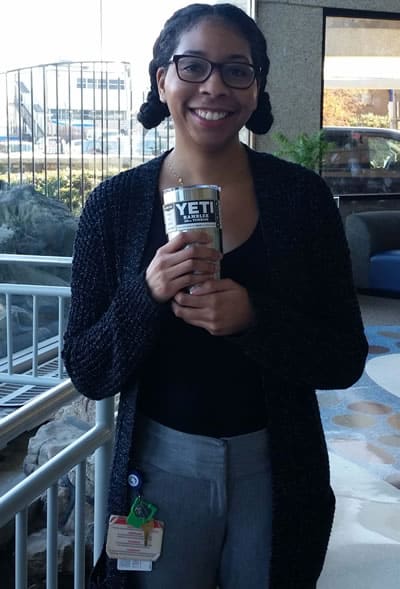The Translational Research Institute (TRI) Clinical Trials Innovation Unit (CTIU) recently revised the process for investigators submitting studies that require a Medicare coverage analysis and budget in CLARA.
In addition to conducting full Medicare Coverage Analysis, CTIU’s Research Finance Team (RFT) offers full budget development and/or negotiation services for all non-cancer-related protocols requiring a budget. To access all services, the investigator or designee submits a request through the TRI services portal. RFT members will work with investigators and their team to complete the budget, coverage and legal process in an efficient manner.
To increase efficiency and provide feasibility data to investigators, the RFT has altered the order of its coverage and budget activities, performing the Medicare Coverage Analysis prior to budget development and review. If investigators and their team wish to develop and/or negotiate the budget themselves, the RFT highly encourages them to submit the required study documents to the RFT prior to starting budget development. The RFT will provide a Medicare Coverage Analysis Report (MCAR) that is sent to the investigator for approval and can be used as a guide for budget development.
It is not mandatory to obtain a MCAR prior to budget development. However, if the budget is developed prior to the MCAR it will likely delay the budget approval process for the study. If investigators or study teams have questions about this process, contact Jonathan Young, JAYoung@uams.edu, 526-7984.



